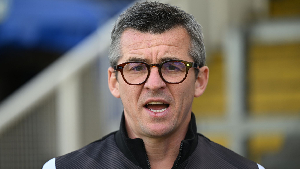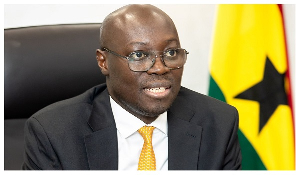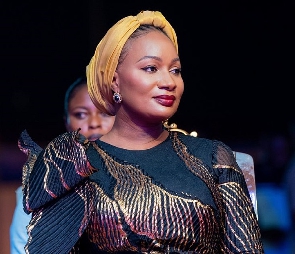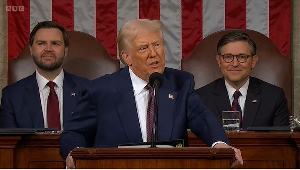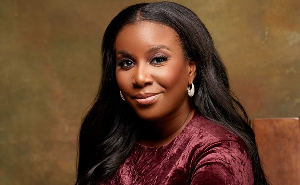Time and time again the government of Ghana has been advised by several institutions and individuals to put in place more measures to educate citizens on various preventive measures against the COVID-19 fight.
The largest opposition party in the country, the National Democratic Congress (NDC) has called on government to reopen and give back the operation licenses of some media house closed last year by the National Communication Authority (NCA).
In an interview of Happy98.9FM’s ‘Epa Hoa Daben’, National Chairman for the NDC, Samuel Ofosu Ampofo asked the government to make available various platforms to increase educational efforts on COVID-19 preventive measures. He told Samuel Eshun who sat in for the regular host Kwame Afrifa Mensah, “I ask that some of these media houses closed by the NCA should be opened to support public education because education on COVID-19 is still a major issue.”
He explained that some Ghanaians have grown used to getting all their information from a particular station and the closure of some selected radio station had deprived these people from their sources of information. And that has led them open to the possible infection of COVID-19, “because they get no information on COVID-19 preventive measures.”
The politician revealed that he once appealed to the President to see to the reopening of these radio station only to be told by him that, “He didn’t close the radio stations and that I should go to NCA and Ministry of Communication to address my concerns.” He noted that he was highly disappointed by the President’s answer as he had the power to give an executive order to overturn the decision of the two (2) institutions.
National Chairman of the NDC also appealed to the government to carry across messages on COVID-19 in other local dialects for the effective flow of communication. He noted that he received a call from the Bono region sometime back telling him they did not understand anything said during the COVID-19 updates by the President and Minister of Information. “They told me they don’t understand the big English we speak in Accra and asked that messages be translated into the local dialects.”
General News of Monday, 11 May 2020
Source: happyghana.com







